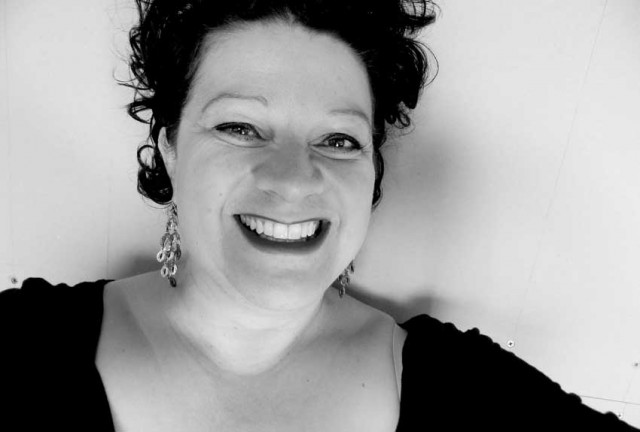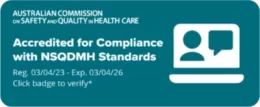There was a girl. Her brain was set alight with the burn of silent agony but a smile was seared on her lips.
She was drowning, lost in a sea of confusion and distress. The waves of emotion washed her closer and closer to the shore of death, but she fought. Every day her mind and body grew weaker, her defences bruised and battered.
But she fought.




























